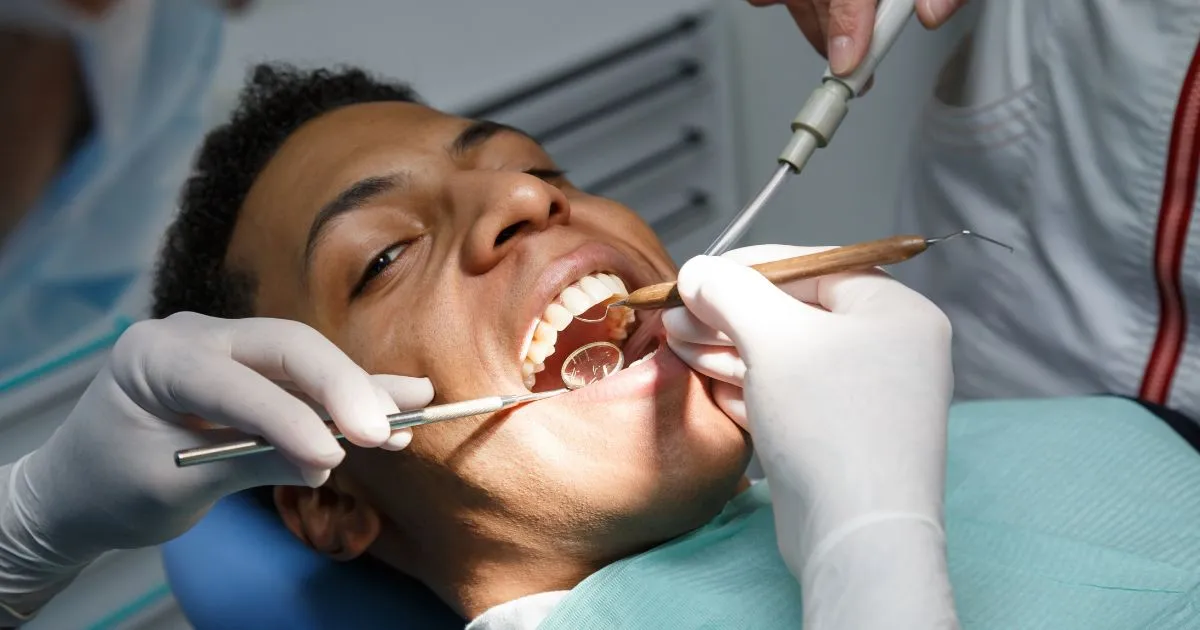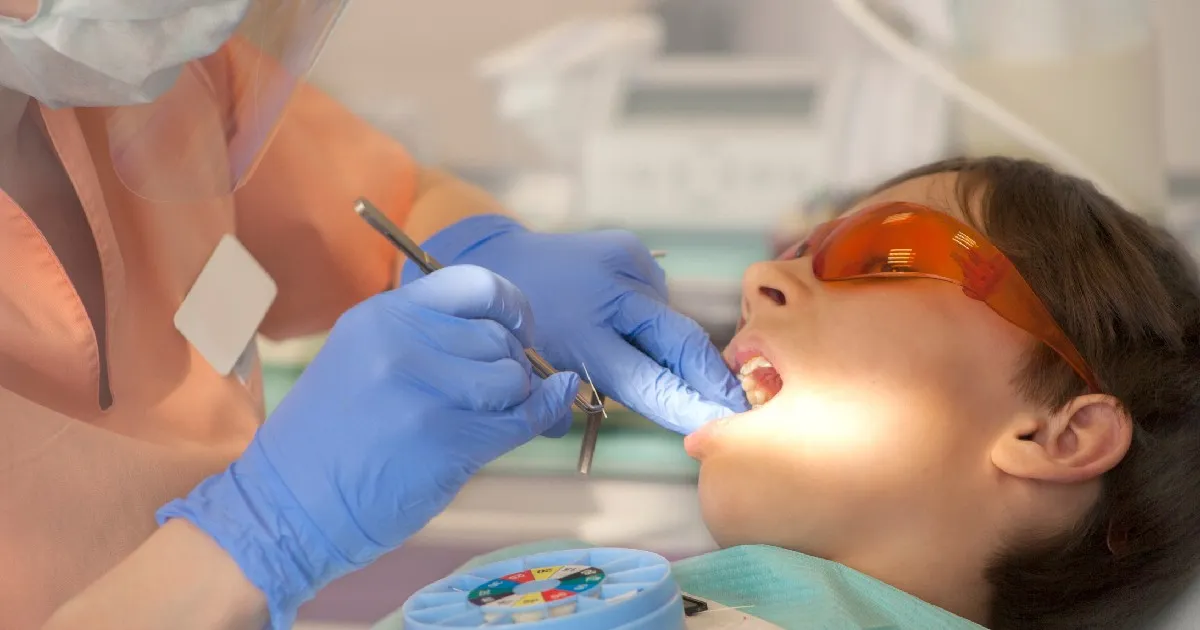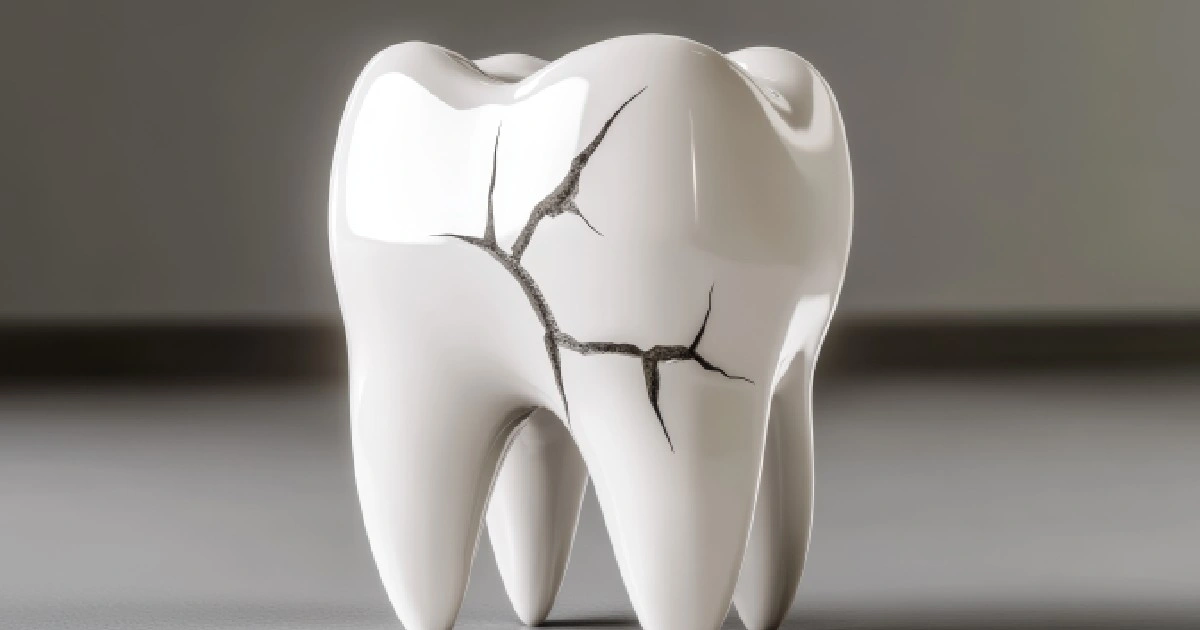Table of Contents
When parents hear the phrase Endodontic Treatments, they often think it’s something meant for adults dealing with long-neglected dental issues. But children, too, can experience tooth problems that require special care beneath the surface. From baby teeth affected by decay to young permanent teeth injured during play, endodontic procedures can help save a child’s smile and protect their long-term oral health.
At Endodontic Specialist by Solomon Dental, our goal is to help parents understand what these treatments are, why they’re sometimes necessary for children, and how they can make a significant difference in both comfort and dental development.
What Endodontic Treatments Involve?
Endodontic treatments focus on the inside of the tooth, the pulp, which contains nerves, blood vessels, and connective tissue. When this inner part becomes inflamed or infected, it can cause pain, sensitivity, or even lead to abscesses if left untreated.
The most familiar form of this therapy is the root canal procedure. While adults often need it due to deep decay or injury, children may also require it for similar reasons. However, pediatric endodontic care often looks a bit different.
Dentists adapt these procedures to match a child’s stage of tooth development, ensuring the tooth can continue to function properly and, when possible, allowing the root to finish forming naturally.
Why a Child Might Need Endodontic Treatment?
To most parents, the idea of a root canal treatment for children sounds surprising. But it’s not as uncommon as one might think.
Children’s teeth, both primary and permanent, can experience damage or infection for several reasons. Here are some of the most frequent causes:
- Deep Tooth Decay: When cavities reach the inner pulp, bacteria can cause painful infections. Early treatment helps prevent the infection from spreading and allows the tooth to be preserved.
- Dental Trauma: Kids often fall, bump, or injure their teeth while playing. Even a small crack can expose the pulp and require treatment to prevent complications.
- Premature Tooth Loss: A baby teeth root canal can sometimes be performed to save a primary tooth that would otherwise need to be extracted too soon. Baby teeth play a key role in guiding permanent teeth into proper alignment.
- Incomplete Root Development: If a young permanent tooth is injured before its root is fully formed, a specialized endodontic treatment for kids, like apexogenesis, can help the root continue to mature.
When treated early, these procedures relieve pain and prevent future dental complications. Most importantly, they preserve your child’s natural tooth structure, which is vital for proper chewing, speaking, and jaw development.
What Happens During Pediatric Endodontic Treatment
Many parents worry that endodontic care for children will be painful or overwhelming. Fortunately, modern dental technology makes it much more comfortable than most people imagine.
During a pediatric endodontic treatment, the dentist begins by thoroughly examining the tooth, often with X-rays to assess the extent of infection or injury. Depending on the diagnosis, one of the following approaches may be used:
- Pulpotomy: Only the diseased portion of the pulp in the crown of the tooth is removed. The healthy root pulp is left intact and protected with a soothing medication and filling.
- Pulpectomy: The entire pulp tissue is removed from both the crown and root areas, then replaced with a safe filling material to prevent future infection.
- Vital Pulp Therapy: When the pulp is irritated but not severely infected, gentle treatments can encourage healing and allow the tooth to remain alive and continue developing naturally.
These procedures are typically performed under local anesthesia, ensuring that your child feels little to no discomfort. In some cases, sedation may be recommended to help anxious young patients remain relaxed.
The Importance of Saving a Child’s Tooth
Parents often wonder: “Why not just pull the tooth?” The truth is, preserving a natural tooth, even a baby one, offers several long-term benefits.
Removing a tooth too early can affect how the jaw and other teeth grow. Primary teeth act as placeholders, guiding the permanent teeth into proper position. Losing them too soon can lead to misalignment, crowding, or the need for orthodontic treatment later.
By choosing a pediatric dental treatment like a pulpotomy or pulpectomy instead of extraction, you help maintain your child’s oral function and prevent more complex issues down the line. It also helps your child keep their natural bite pattern and develop clear speech.
Signs That Your Child Might Need Endodontic Care
Sometimes, children won’t directly say they have tooth pain, but they’ll show it in other ways. Paying attention to early symptoms can help you catch issues before they worsen.
Some warning signs include:
- Persistent toothache, especially when chewing
- Sensitivity to hot or cold that doesn’t go away quickly
- Swelling near the affected tooth or a small “pimple” on the gums
- Tooth discoloration (a darker shade than usual)
- Complaints about pain when brushing or eating
If you notice any of these symptoms, it’s best to visit your dentist promptly. The earlier a problem is identified, the easier it is to treat, and the more likely the tooth can be saved.
What to Expect After Treatment
After an endodontic procedure, children typically recover quickly. They may feel mild tenderness for a day or two, which can be managed with over-the-counter pain relievers.
Dentists often recommend:
- Eating soft foods until the treated area feels normal again
- Maintaining regular brushing and flossing to keep the area clean
- Scheduling follow-up appointments to ensure proper healing
If a crown or cap is placed, the dentist will check it periodically to ensure it remains secure as the child grows.
With proper care and monitoring, the treated tooth can last until it’s naturally ready to fall out or function for many years if it’s a permanent one.
Building Healthy Habits for a Lifetime
Endodontic care is only one part of a child’s dental journey. Preventing problems is always easier than treating them. Encourage good habits early by helping your child brush twice daily with fluoride toothpaste, floss once a day, and eat a balanced diet that limits sugary snacks and drinks.
Routine checkups every six months allow your dentist to catch potential issues before they become painful or costly. Professional cleanings also remove plaque buildup and keep gums healthy.
Creating a positive dental experience in childhood helps your child grow up without fear of the dentist and promotes confidence in maintaining their own oral hygiene.
Compassionate Pediatric Endodontic Care in Summerville
Every child deserves to smile without pain or fear. At Endodontic Specialist by Solomon Dental, we understand how concerning it can be to hear your child might need advanced dental care. That’s why Dr. Justin McAbee focuses on gentle, compassionate treatments tailored specifically for young patients.
If your child is showing signs of tooth pain, sensitivity, or swelling, don’t wait until it worsens. Schedule a Pediatric Dental Consultation to learn more about Endodontic Treatments in Summerville, SC, and how our specialists can help restore your child’s comfort and confidence.
We believe that strong oral health begins early, and with the right care, every child can enjoy a healthy, happy smile for years to come!







